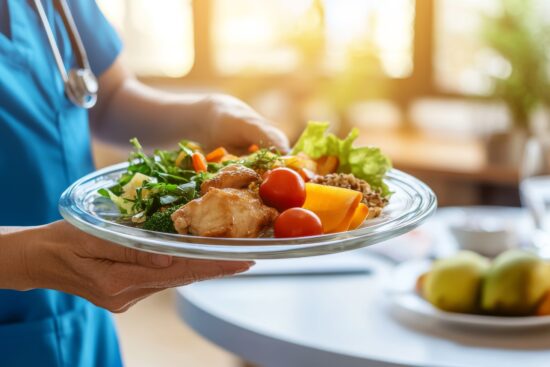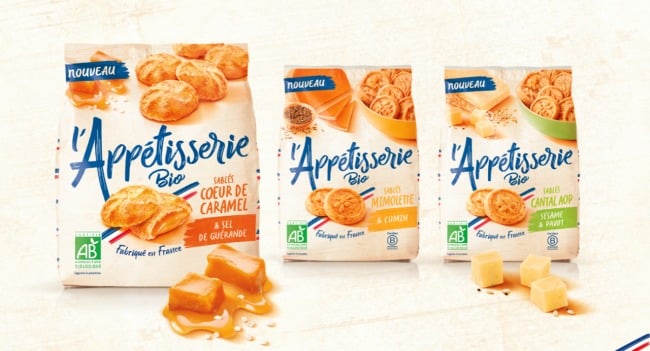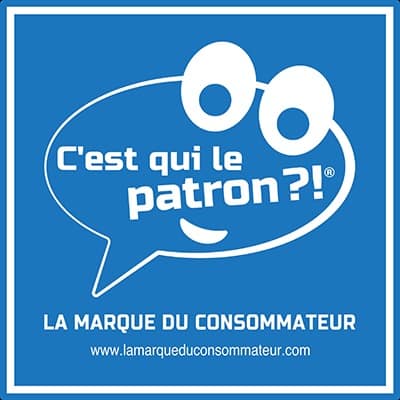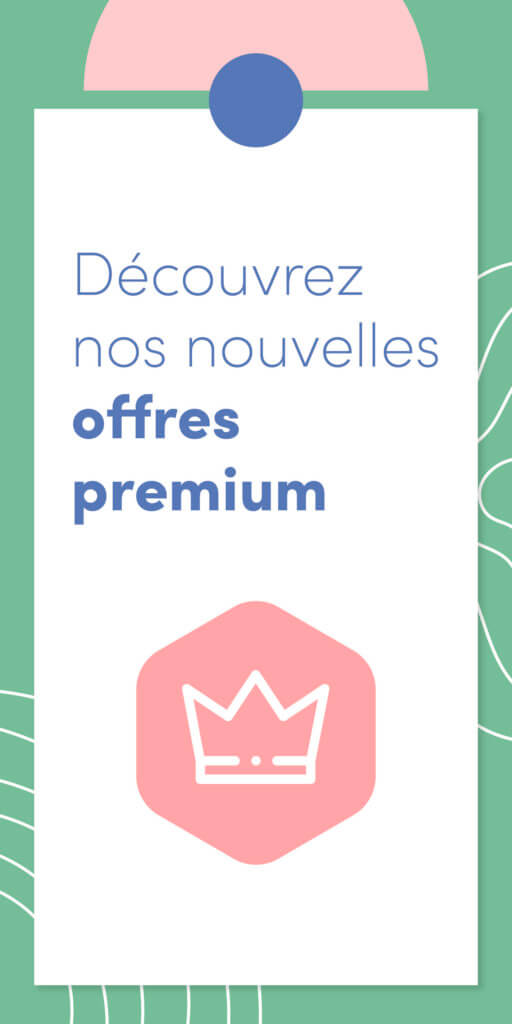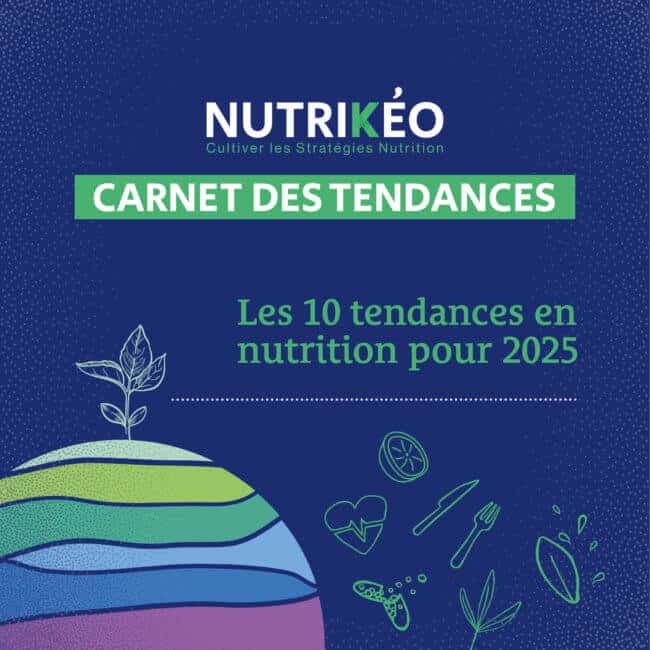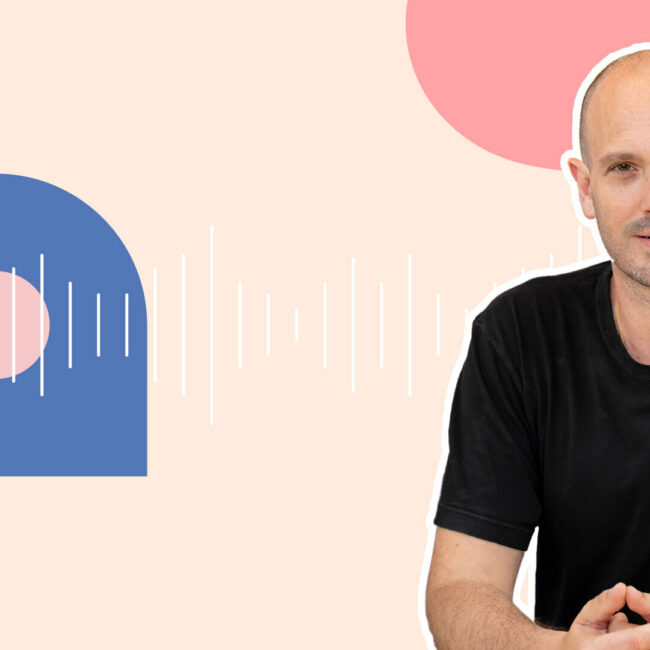Creating products in collaboration with consumers: this is a challenge that more and more manufacturers are willing to take on. Deciphering some examples of co-creation, and this trend that reverses codes.
Co-creation: involving consumers to make them fully-fledged actors
Consumers have long been secondary actors in food production, after industrialists and supermarkets. They were considered passive members of the production chain. This vision has now become a source of conflict between major groups and consumers, whose knowledge of the food world is growing. Consumers want their expectations, priorities and life choices to be taken into account: they want food products that look like them.
This also surfs on the tendency to return to naturality, which has been observed for some time. Consumers want products that are more respectful of nature and their health, avoiding additives and other preservatives, and favouring the clean label.
From this emerges a concept: co-creation. This involves consulting and involving consumers from the beginning of the manufacturing process, in order to involve them and take their expectations into account in order to better meet them. In this way, consumers take on a role as full-fledged actors in shaping the food world of tomorrow. By taking on this active role, it allows consumers to regain confidence in brands and feel valued and listened to.
A range of organic snack cakes from Bjorg, Bonneterre et Cie
In mid-April, Bjorg launched a range of organic snack cakes created in partnership with consumers. In the project team, Bjorg employees were in the minority. With them, we find a mother, a designer, experts in brands, marketing and environment, a food blogger or an R&D manager. Their common points: they are all greedy and consume organic.
Their collaboration with Bjorg Bonneterre et Cie has resulted in l’Appétisserie, a range of savoury cakes whose aim is to introduce delicacies to the organic section.
Scan Up: the mobile app for consumers
Scan Up is one of those mobile applications that help consumers see more clearly on the shelves of their supermarkets. Much like Yuka, Scan Up gives information after scanning the barcode of the product in question.

For example, a recent project allowed consumers to give their opinions on organic fruit and vegetable sauces, in partnership with La Popote Compagnie, a young company focused on clean-label, healthy and gourmet products. Voters will therefore be able to follow the creation process until the products are marketed.
C’est qui le patron ? A success story that has lasted for 2 years
She claims to be the « consumer’s brand » herself: you have necessarily heard of « Who’s the boss? », an initiative launched two years ago. This brand was born from the desire to take control of its food, by becoming an actor from the design to the marketing of the product.
After starting with milk, which was to remunerate the producer at its fair price. Today, more and more C’est qui le patron ? products are on the shelf, such as butter, flour, eggs or chocolate. All products result from the consultation of future customers, by collaboratively establishing the specifications of the future products to be developed (ingredients, quality, manufacturing, equity…).
A new way of looking at consumers
By including consumers in the product development process, the change in our diet becomes bottom-up rather than top-down. This has the advantage of shaking up codes, bringing innovation and renewal to our supermarket shelves. A method to keep in mind if you are looking to renew or revitalize your products.
An article written by Solène Dhôte, assistant project manager, under the management of Céline Hénon.




